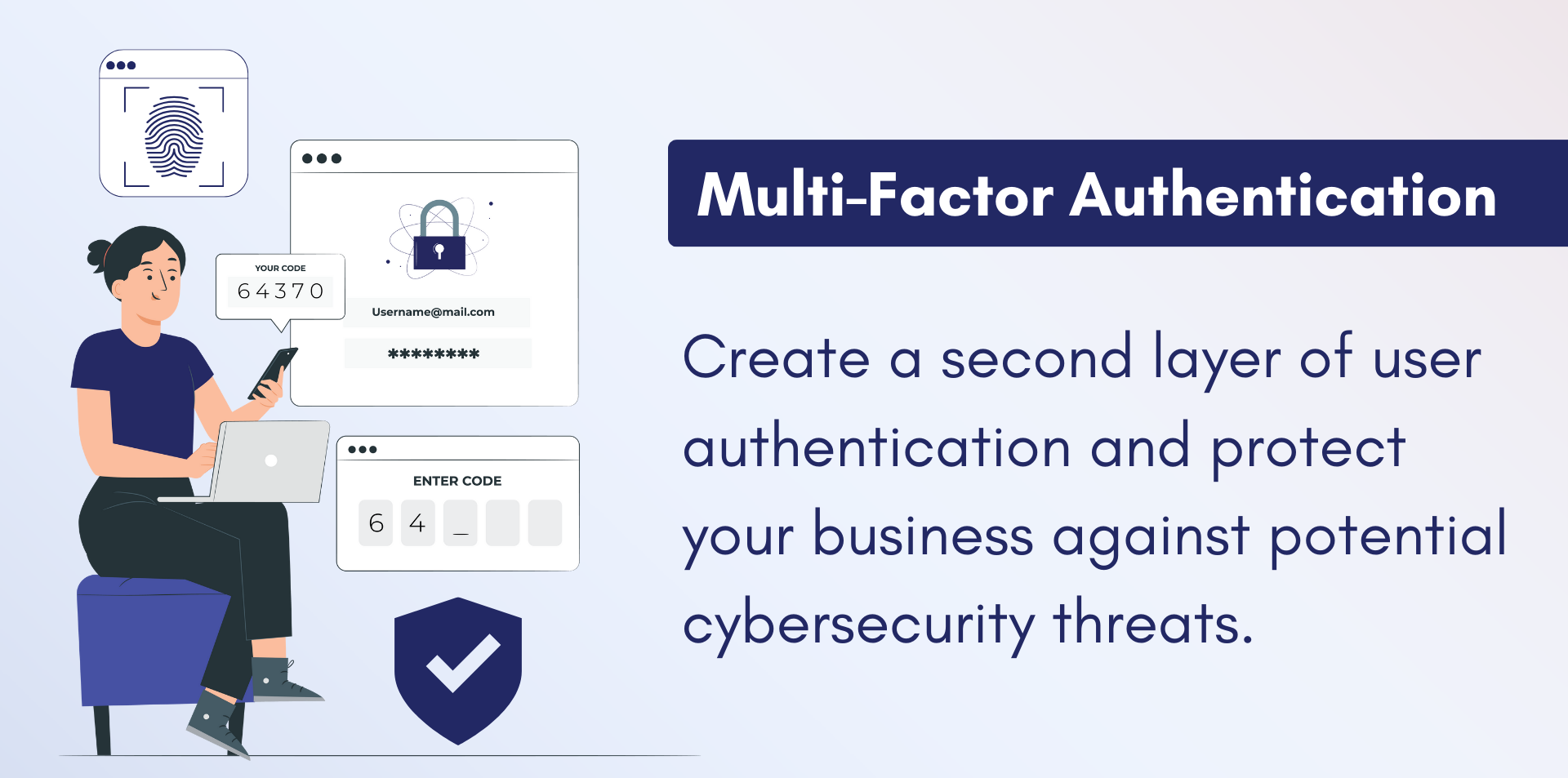Beware of the rising WhatsApp scams! Protect your businesses
In today's digital age, where communication is primarily conducted through messaging platforms, WhatsApp has emerged as a key player in facilitating business interactions. However, with its widespread adoption comes an alarming trend: the rise of WhatsApp scams targeting businesses. In this comprehensive guide, we'll delve into the intricacies of WhatsApp scams, understand their implications for businesses, and explore effective strategies to safeguard your business from falling victim.




